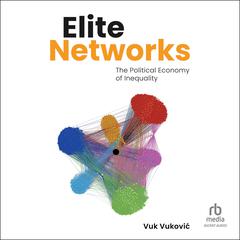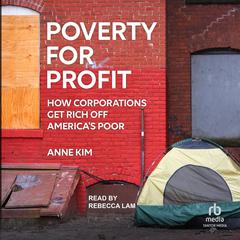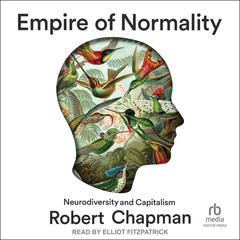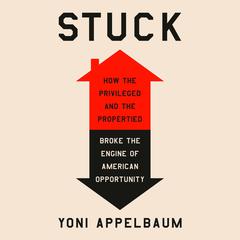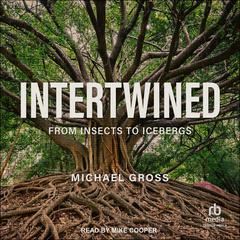 Play Audiobook Sample
Play Audiobook Sample
The Number That Killed Us: A Story of Modern Banking, Flawed Mathematics, and a Big Financial Crisis Audiobook
 Play Audiobook Sample
Play Audiobook Sample
Quick Stats About this Audiobook
Total Audiobook Chapters:
Longest Chapter Length:
Shortest Chapter Length:
Average Chapter Length:
Audiobooks by this Author:
Publisher Description
In the 1990s regulators and policy makers worried about the risk that financial institutions were carrying. Once the walls between investment and commercial banking came down with the repeal of Glass-Steagall, both trading and lending (and everything in between) were now housed under one roof with institutions freely accessing funds from one part of the institution to the other. But Glass-Steagall had just been repealed so how to fix the risk problem? Where there is a problem, there can usually be found an entrepreneur to give the market the product they want. And thus VAR was born and quickly embraced by financial institutions and regulators as the answer to managing risk. As long as an institutions VAR number was in an acceptable range, it could do what it wanted. Werent we all safer now? As it turns out, the answer was No. The metric not only hid the iceberg lurking beneath the surface but allowed banks to pile on more and greater risk. Each bubble, mania, and crash that emerged in the intervening years became more pronounced, thanks to VAR. In The Number That Killed Us, derivatives expert Pablo Triana takes readers through the development of VAR and shows how it was not only not a tool for accurately measuring risk but allowed banks to take on even greater risks. Embraced worldwide, VAR is just starting to be examined as problematic, led by a coterie of experts such as Nassim Taleb. VAR is a problem. Triana looks at it analytically and uncovers why and how it makes our financial world a more dangerous place.
Download and start listening now!
The Number That Killed Us Listener Reviews
Be the first to write a review about this audiobook!
About Pablo Triana
Pablo Triana is a successful professor, consultant, and author. He is
a frequent contributor to business publications, including the Financial Times, Forbes.com, Breakingviews.com, and Risk magazine, among others. Triana is
also the author of Corporate Derivatives and Lecturing Birds
on Flying. He holds an
MS from New York University and an MA from American
University.
About Mark Ashby
Mark Ashby has recorded over three hundred books for the Library of Congress, including works by Hemingway, Dostoyevsky, and Dan Brown. He received the AFB Scourby Award for nonfiction narration and was nominated for a Torgi Award. He also directed and starred in the full-cast audio play Flesh and Blood, and his stage acting credits include The Odd Couple, Who’s Afraid of Virginia Woolf?, The Seven Year Itch, The Nerd, and Boeing Boeing. Also, as a member and head writer of comedy troupe Those Guys, he has penned a semi-autobiographical play called How to Make a Baby.










